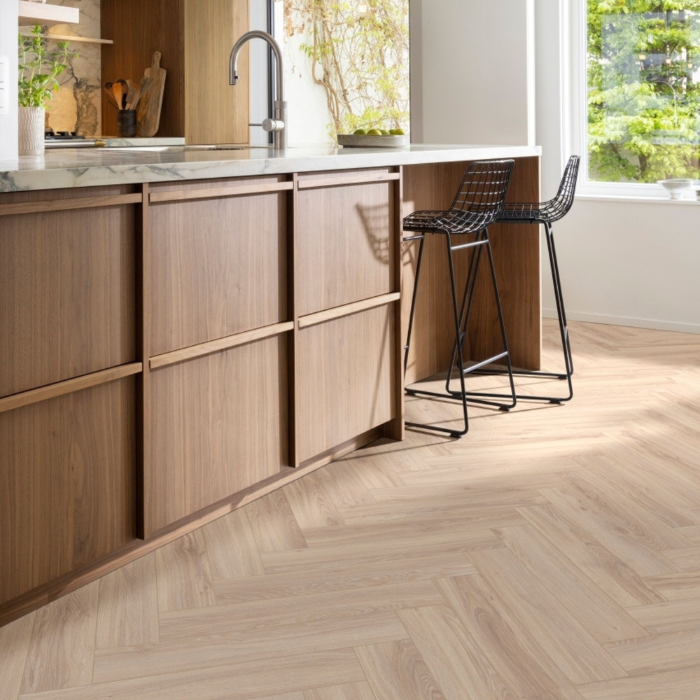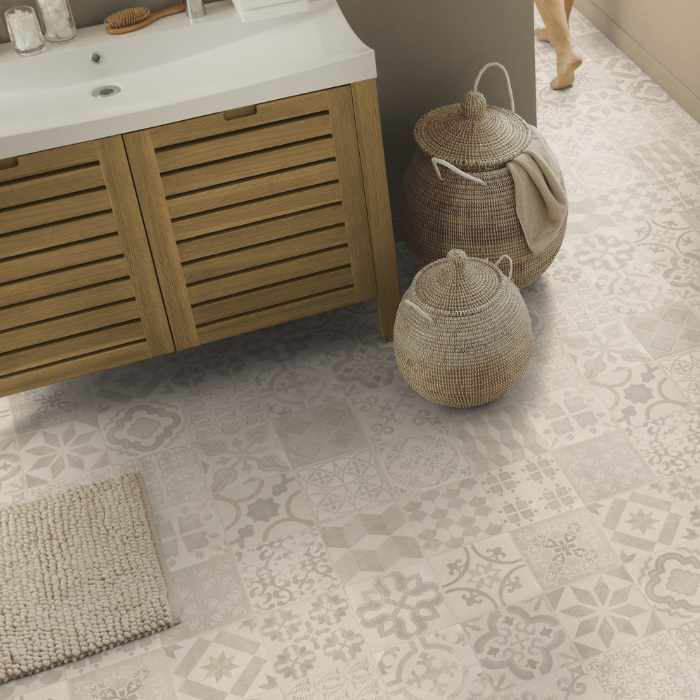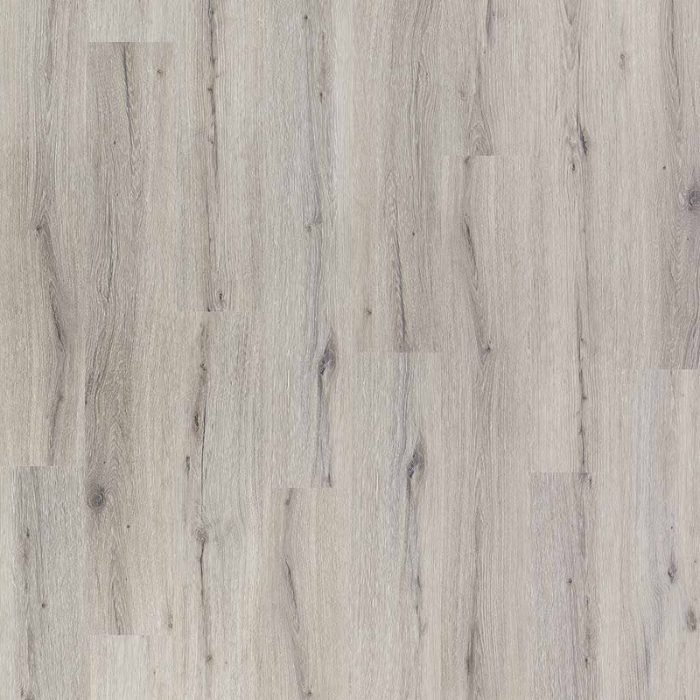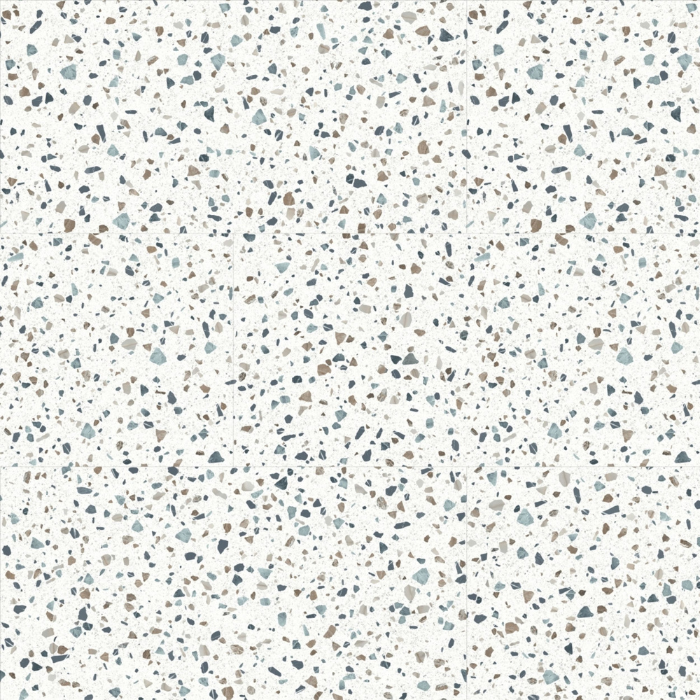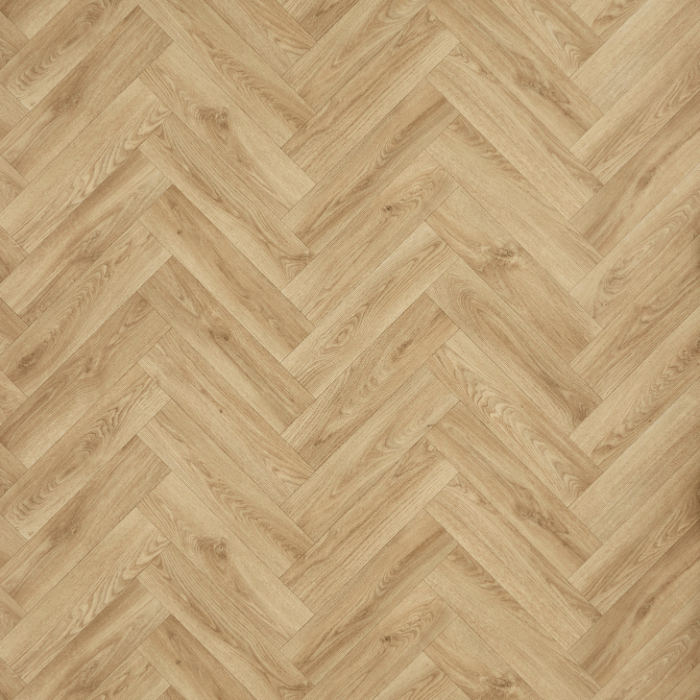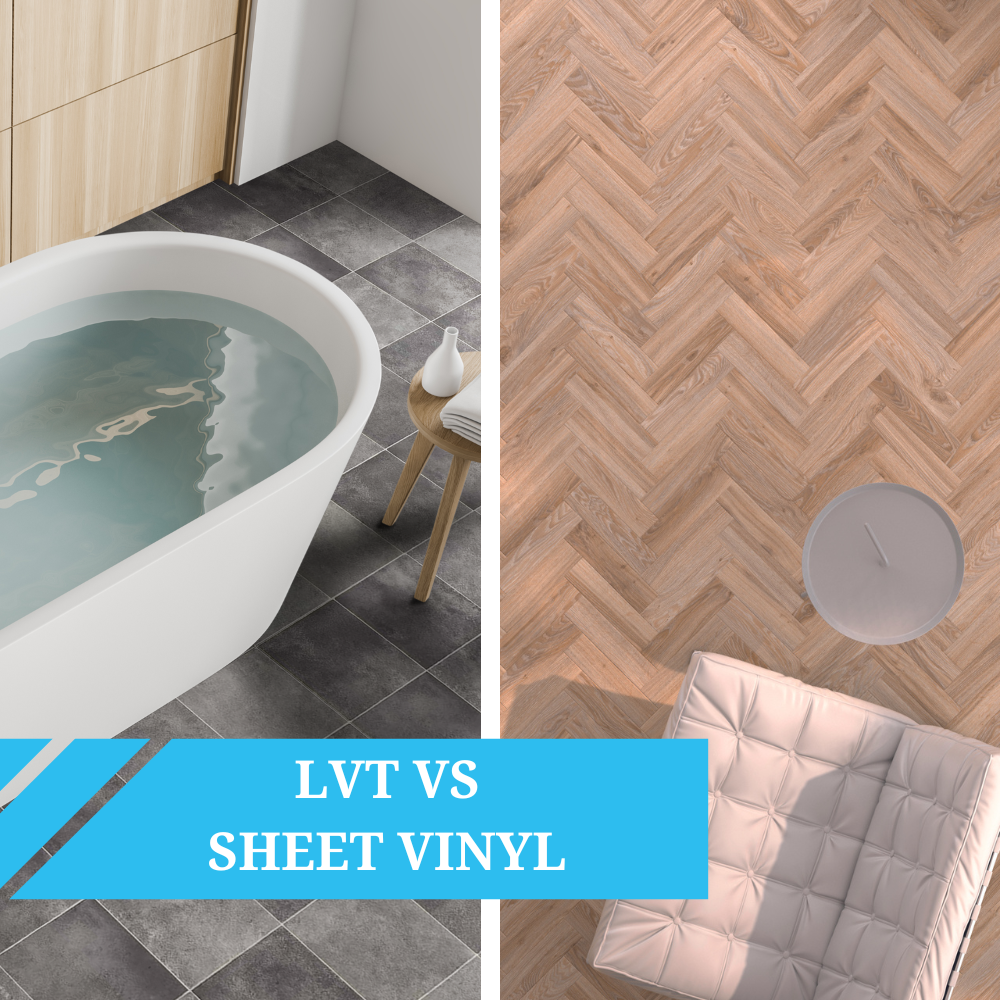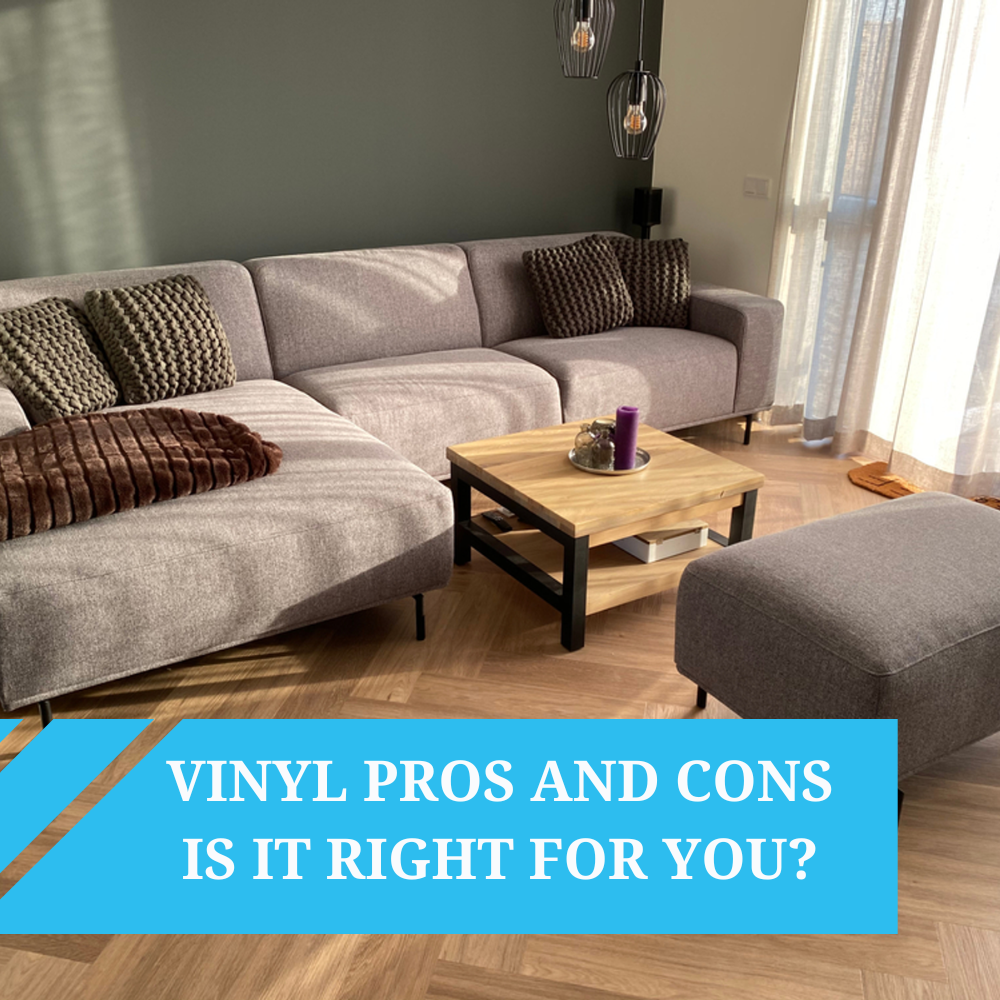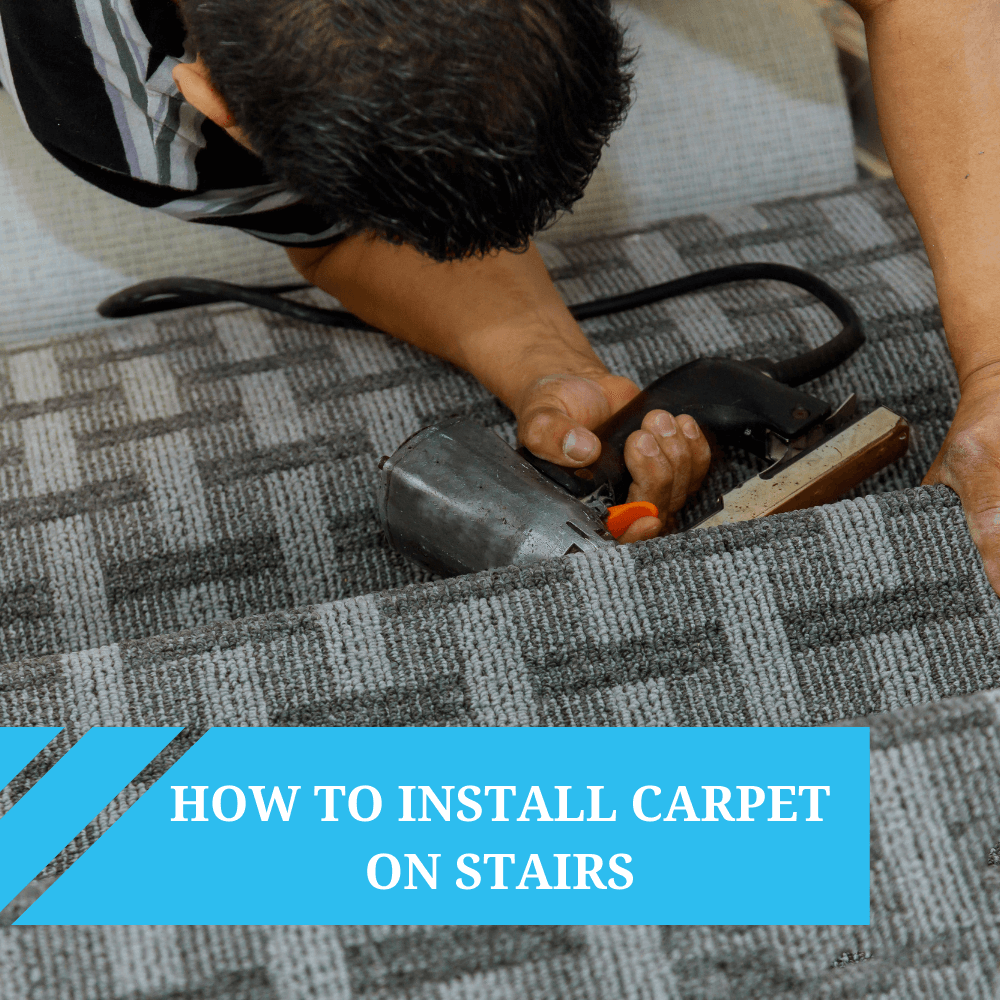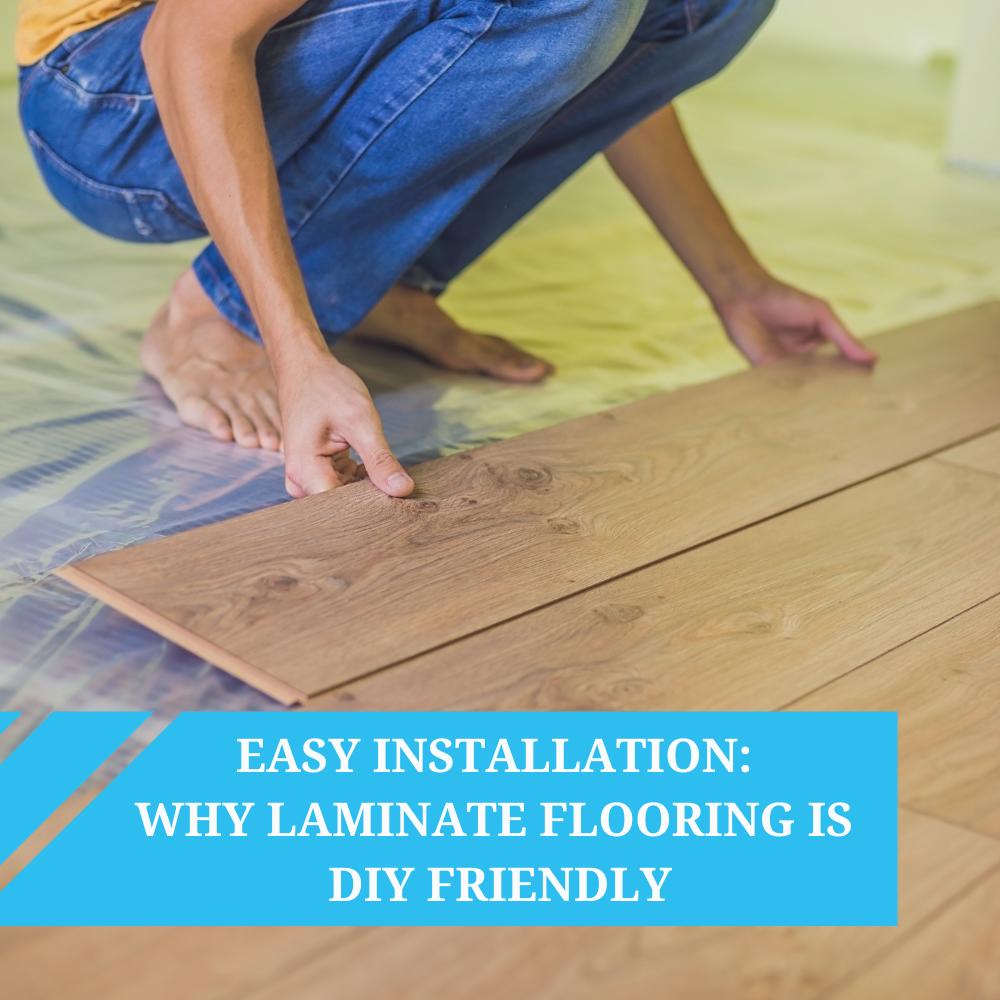When it comes to choosing the perfect floor for your home, vinyl flooring is a no-brainer for many homeowners. It’s stylish, durable, easy to clean, and—let’s be honest—who doesn’t love a flooring option that looks expensive but doesn’t cost the earth?
But before you start dreaming of luxury wood-look planks or sleek stone-effect tiles, there are a few things you need to know to avoid common pitfalls and ensure you're getting the right vinyl floor for your space. From understanding the different types of vinyl flooring to knowing the dos and don’ts of installation and maintenance, this guide will walk you through how to choose vinyl flooring.
Let’s break it down—here are 10 things you absolutely need to know before buying vinyl flooring.
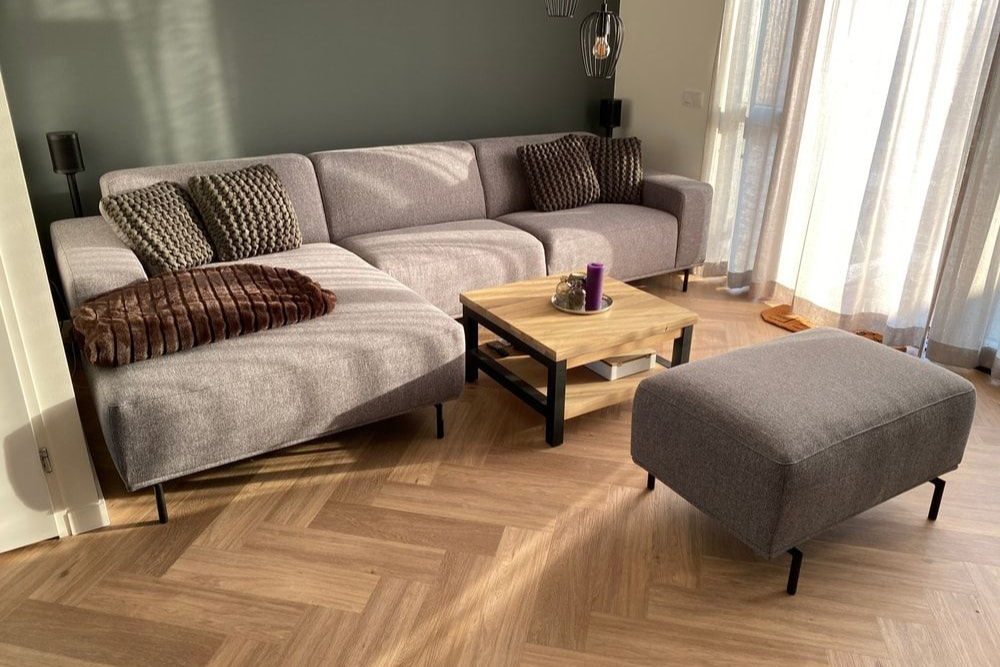

1. Understanding the Types of Vinyl Flooring
Before you even think about picking a colour or design, you need to understand the two main types of vinyl flooring:
- Luxury Vinyl Tiles (LVT) – This is the more premium option, available in planks or tiles. It’s thicker, tougher, and offers better water resistance. It can be clicked together or glued down, making it a versatile flooring option that works well in most homes. LVT flooring comes in plank or tile format, offering a sturdy, solid feel underfoot. With a thicker wear layer than sheet vinyl, it’s not just more durable—it’s also more versatile, allowing you to experiment with stunning layouts like herringbone or parquet for a truly high-end look.
- Sheet Vinyl Flooring – Supplied in large rolls, vinyl sheet flooring is a budget-friendly option that’s easier to install in smaller areas like bathrooms. It should be glued-down in larger areas like living rooms, but can be loose-laid in smaller areas such as bathrooms. It’s also seamless, which makes it excellent for water resistance, and while it’s generally not as tough as LVT flooring, it still boasts impressive durability. Compared to LVT, it can also feel softer and warmer underfoot.
2. How to Install Vinyl Flooring – DIY or Call in the Pros?
One of the biggest advantages of vinyl flooring is that installation can be quick and straightforward, depending on the type you choose. Here’s a breakdown of the different vinyl flooring installation methods and how DIY-friendly they are:
| Vinyl Flooring Type | Installation Method | Best For | DIY-Friendly? |
|---|---|---|---|
| Luxury Vinyl Flooring (LVP & LVT) | Click-Lock | Quick, easy installs, rental properties, DIYers | Yes – simple snap-together design |
| Glue Down | High-traffic areas, permanent installations | Maybe – requires precise subfloor preparation | |
| Loose Lay | Temporary or small spaces, easy replacement | Yes – no adhesive needed, but tackifier may help in high-traffic areas | |
| Cushioned Vinyl Sheet Flooring | Fully Stuck Down | Large areas, high-traffic rooms | No – requires professional fitting |
| Loose Lay | Small rooms like bathrooms | Yes – easy for DIYers in low-traffic areas | |
| Perimeter Fixing | Medium-sized rooms, moderate foot traffic | Maybe – easier than full glue-down but needs careful cutting |
DIY or Professional Installation?
- Click-lock vinyl flooring is ideal for DIYers—if you can handle flat-pack furniture, you’ll be fine.
- Loose lay vinyl and perimeter-fixed cushioned vinyl can also be DIY-friendly if you’re comfortable with measuring and cutting.
- Glue-down vinyl and fully stuck sheet vinyl require a well-prepared subfloor and precise fitting, so it’s best to hire a professional for a perfect finish.
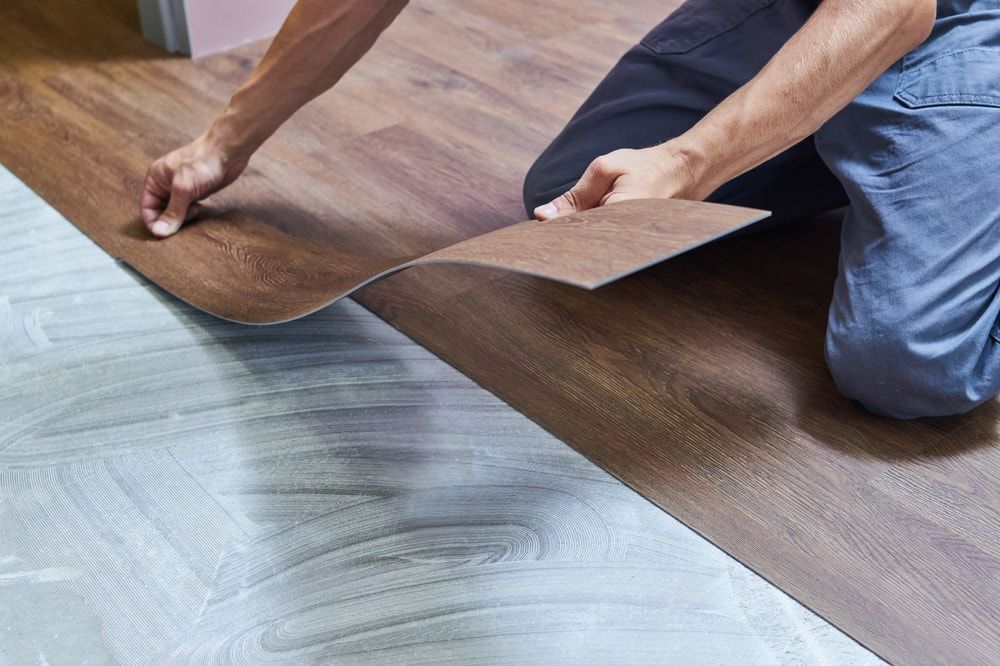

3. How Long Will It Last? The Truth About Durability
Vinyl flooring is built to handle everyday life, but if you want it to look great for years, pay attention to the wear layer—the invisible shield that protects against scratches, dents, and fading. The thicker it is, the tougher your floor will be.
| Wear Layer Thickness | Best For |
|---|---|
| 0.1mm - 0.2mm | Low-traffic areas like guest rooms |
| 0.3mm - 0.5mm | Medium-traffic areas like kitchens and living rooms |
| 0.5mm - 0.7mm+ | High-traffic areas and commercial use |
For family homes or pet-friendly spaces, 0.3mm or more is a smart choice.
Luxury vinyl tiles (LVT) usually outlast sheet vinyl thanks to a thicker wear layer, but sheet vinyl has fewer seams, making it great for moisture-prone areas. With proper care, LVT can last 15-25 years, while sheet vinyl typically holds up for 10-15 years.
Stick to regular cleaning, avoid dragging furniture, and your floor will stay looking brand new for years to come! Read our guide to learn what NOT to do with a vinyl floor.
4. Comfort & Sound – No One Likes Cold Feet!
Vinyl flooring is softer and warmer underfoot than tiles or laminate flooring, making it a great choice for cosy living spaces.
- Sheet vinyl has a foam or felt backing, making it even softer and quieter.
- LVT works well with underfloor heating, so no more icy feet in winter!
If noise is an issue (kids, pets, or just heavy walkers), opt for a thicker vinyl floor for better sound insulation. You will typically find sheet vinyl quieter and softer than LVT flooring. This is down to the felt or foam backing included in its design. This provides a cushioned feel and reduces the amount of sound produced as you walk over the floor.
5. Is Vinyl Flooring Really Waterproof?
Yes—and no.
- LVT is always water resistant, and many brands, like Karndean, are 100% waterproof, making it perfect for bathrooms, kitchens, utility rooms, and cellars.
- Sheet vinyl is highly water-resistant, but prolonged exposure to moisture or high humidity can cause issues.
Pro Tip: Make sure to seal the edges properly in bathrooms to prevent water from sneaking underneath - shop vinyl adhesive.
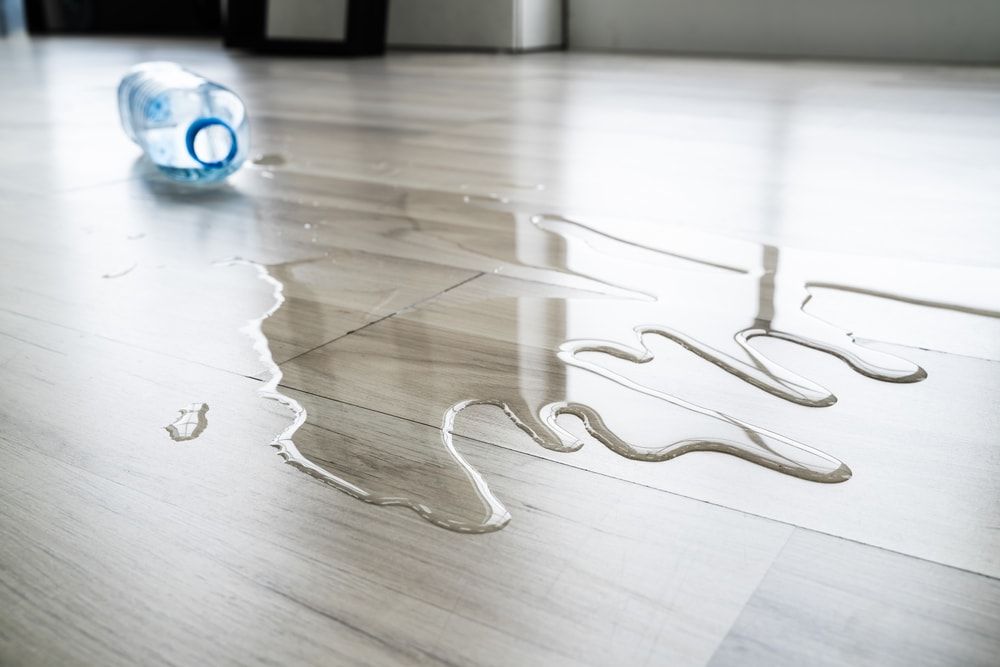

6. Cleaning & Maintenance – The Easy Life
One of the biggest perks is that it’s ridiculously easy to clean vinyl flooring. A few easy tips:
- Sweep or vacuum regularly to remove dirt and debris.
- Mop with a damp mop—never soaking wet!
- Avoid abrasive cleaners (they’ll ruin the wear layer).
- Consider a cleaner specifically designed for LVT.
DON’T leave food spills to sit—they can stain over time. Check out this stain removal guide: How to Remove Stains from Vinyl Flooring.
Unlike hardwood or carpet, vinyl floors don't need refinishing or deep cleaning, saving time, effort (and money!), just make sure to follow the manufacturer's recommendations - our friendly team are here to help.
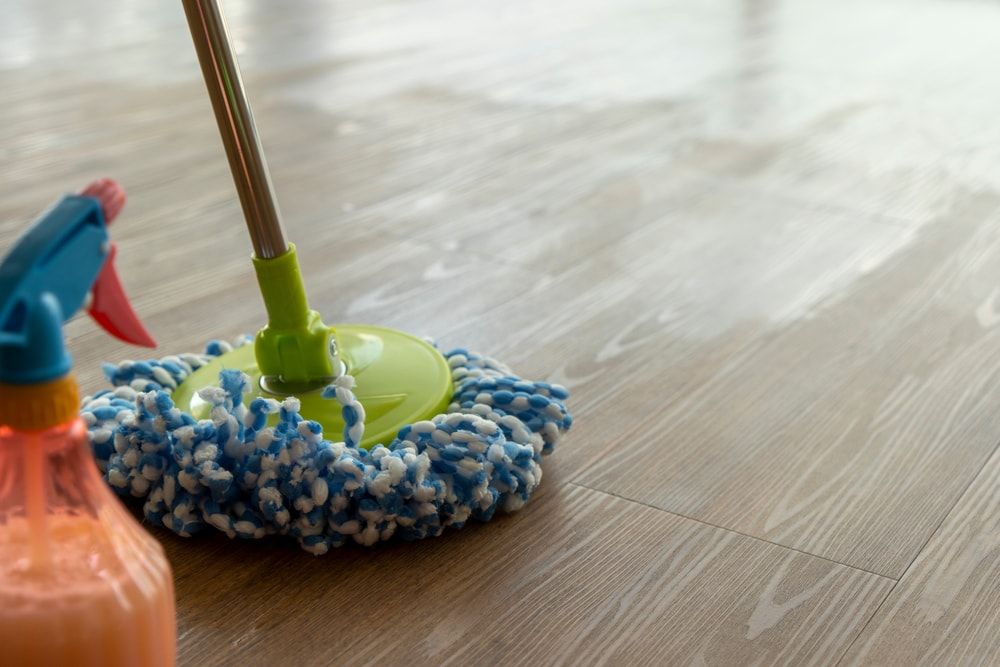

7. Is Vinyl Flooring Eco-Friendly?
Traditional vinyl flooring is made from synthetic materials and can release volatile organic compounds (VOCs) into your home. This means that not all vinyl flooring is environmentally friendly, but advancements in manufacturing have led to more eco-friendly options, such as low-VOC and phthalate-free vinyl products.
Look for certifications indicating reduced environmental impact and improved indoor air quality. At Best4Flooring, we only supply low-VOC vinyl flooring. We also offer top-brand vinyl floors that specialise in eco-friendly designs.
8. Design & Style – So Many Options!
Vinyl flooring has come a long way from the shiny, plastic-looking sheets of the past. Today, it’s all about realistic textures of natural materials, stunning patterns, and endless customisation. Whether you’re after the timeless, natural look of stone or a classic herringbone pattern, there’s a style to suit every home. Sheet vinyl offers a particularly diverse range of colours and patterns, including bold, artistic designs and intricate mosaics, while luxury vinyl tiles (LVT) typically focus on beautifully authentic wood and stone effects for a more classic, natural aesthetic.
- Love the warmth of natural wood flooring? Textured vinyl planks mimic everything from rustic oak to rich walnut, complete with natural grain details. Try Karndean Van Gogh Baltic Washed Oak VGW8101 Vinyl Floor Tiles for a classic, lived-in look or Moduleo Roots Herringbone Glyde Oak 22246 for a trendy parquet effect.
- Want the elegance of stone tiles? Luxury vinyl tiles can replicate the look of marble, slate, or even terrazzo—without the cold, hard surface underfoot. Moduleo LayRed Silky Satin 46920-LR Engineered Click Vinyl Flooring is a great choice for a sleek, modern feel.
- Prefer a statement floor? Play with geometric patterns, checkerboard layouts, or vintage-style motifs. The PopArt Sheet Vinyl Flooring range features striking designs that add instant character to any room.
With so many options, you can get the look of high-end flooring without the maintenance or cost. Whether your style is classic, contemporary, or somewhere in between, vinyl flooring makes it easy to create a space that feels like home.
9. Budget Breakdown – How Much Does Vinyl Flooring Cost?
Vinyl flooring is one of the best-value flooring options, offering stylish and durable designs at a range of price points. Whether you're looking for a budget-friendly refresh or a premium finish, here’s what you can expect to pay:
| Flooring Type | Price per m² | Best For |
|---|---|---|
| Sheet Vinyl Flooring | From £6.99 | Affordable, water-resistant, and easy to install |
| Luxury Vinyl Flooring | £20 - £80 | Realistic wood and stone effects, highly durable |
For the latest prices, check out:
- LVT - Lowest Price Point: Under £19.99 per m²
- LVT - Highest Price Point: Over £60 per m²
- Sheet Vinyl - Lowest Price Point: Under £9.99 per m²
- Sheet Vinyl - Highest Price Point: £14 - £15.99 per m²
- Roll Ends (Cheapest Option): Vinyl Flooring Remnants
Additional Costs to Factor In
| Cost Factor | Price per m² | Notes |
|---|---|---|
| Installation | £10 - £60 | Click-lock LVT is DIY-friendly, glue-down LVT and sheet vinyl may need professional fitting. Note that patterned installations, for example, herringbone designs or using design strips with luxury vinyl plank flooring may add to the installation expense. |
| Underlay | £3 - £8 | Required for some LVT floors for extra comfort and insulation |
| Surface Preparation | £2 - £13 | May be needed if the subfloor is uneven or damaged |
How to Budget Effectively
Every product page at Best4Flooring includes a handy flooring calculator. It helps you budget for materials and includes a 5% waste allowance to account for offcuts and tricky corners.
If you're looking for the most affordable option, sheet vinyl flooring is the way to go. For a high-end, durable finish, LVT is a solid investment, especially in high-traffic areas. If you're handy with DIY and choose to install vinyl flooring yourself, click-lock LVT or sheet vinyl in smaller spaces can help you save.
10. Weighing Up the Pros and Cons
Yes, vinyl flooring is one of the most practical flooring materials for modern homes. It’s durable, low maintenance, and comes in a huge range of designs, from natural wood and stone effects to bold, contemporary patterns. With options like luxury vinyl tiles and sheet vinyl, you can get a high-end look without the high-maintenance upkeep.
Of course, no flooring is perfect. While vinyl is water-resistant, sheet vinyl needs proper sealing at the edges to prevent moisture damage. Heavy furniture can leave dents if not protected, and a smooth, well-prepared subfloor is essential for a flawless finish. If you're after a long-lasting result, taking the time to install it properly will make all the difference.
Overall, choosing vinyl flooring means a great balance between style, practicality, and affordability. Whether you're updating a single room or renovating your whole home, it’s a smart investment that makes life a little easier.
Feeling Inspired?
Check out our exciting range of luxury vinyl tiles and sheet vinyl flooring options for a beautiful floor that suits your style. Whether you're upgrading a single room or transforming your entire home, we've got designs that look incredible and can handle whatever life throws at them.






